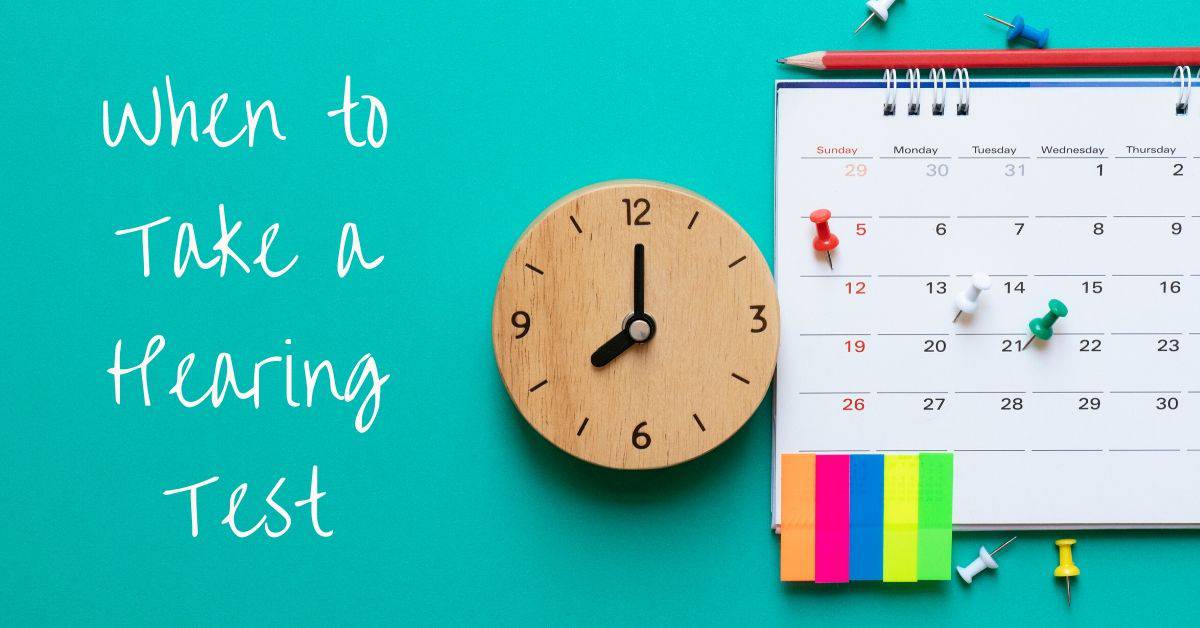
Among the many types of hearing loss, the natural process of aging is the most common cause. As we get older, our ears have been exposed to more and more sound. Though the tiny hair-like cells of the stereocilia in the inner ear are remarkably sensitive to differences in vibration, they tend to suffer some damage over the years. These cells can be damaged, bent, or broken in ways that limit our hearing ability.
Although this process is completely natural and affects nearly everyone in the golden years, it can be difficult to tell just how much damage has been done. With such a gradual process of hearing loss, we become accustomed to our hearing ability even with significant limitations.
For these reasons, you might not even notice that your hearing ability has become compromised. If you fear that age-related hearing loss is beginning to affect you, the following warning signs can tip you off that it is time to seek a diagnosis from a hearing health professional.
Signs of Hearing Loss
One of the first signs of hearing loss is a sense of confusion or missing pieces in conversations. If you have hearing loss, it is possible that it is concentrated in only a range of frequencies from high to low. When this phenomenon occurs, conversations can become a jumble of audible and inaudible sounds.
Think back to the last conversation you had in a noisy place. Did you feel like you were straining to figure out what the speaker was saying? Was there a general sense of confusion, prompting you to ask the person to repeat themselves? If the words, “What was that?” keep coming out of your mouth, this might be a clue to hearing loss. Another sign during conversation is the feeling that you would rather just move on to another topic. Some people with hearing loss even pretend, consciously or subconsciously, that they can hear when they actually cannot. Nodding and smiling is no solution to fill in the gaps in conversation, and the truth that you are not gathering everything that is being said will inevitably become clear.
Restaurants and other noisy locations can provide evidence of hearing loss if you consistently feel like you are “out of it” during conversations and unable to connect the dots between what different people have to say. Conversations over the phone can be particularly difficult for people with hearing loss. If you find that phone calls seem like meaningless mumbling, you might take this as a sign that you need a hearing test, as well.
Other signs of hearing loss have to do with the sounds in the environment. One of the first signs of hearing loss is a steadily elevating volume on the television and other devices. If your friends, loved ones, or family members comment that the television or radio is too loud, while you find the volume comfortable, this can be a good litmus test for your hearing ability.
If you find yourself sleeping through your alarm in the morning or missing the ringer on the telephone, these can be signs that even more substantial hearing loss might be taking place. The safety risks of compromised hearing ability should be taken into account, including whether or not you would notice the fire alarm or other signals of distress.
Taking a Hearing Test
If any of these warning signs sound familiar to you, the time is now to make an appointment for a hearing test. This test is easy, painless, and usually quite brief. The most common form of hearing test simply plays tones at different volumes and frequencies, and the test administrator will ask you to note your ability to hear with a raised hand or by pressing a button. After you have registered the sounds you heard, the test will result in an audiogram, the graph that plots your hearing ability.
With this information in hand, our team will be able to prescribe some hearing aids that can suit your individual needs and lifestyle. With such a simple process of diagnosis, why not take the opportunity to schedule your hearing test right away? The sooner you begin the process, the sooner you will be able to solve your hearing-related problems. Contact us today!
